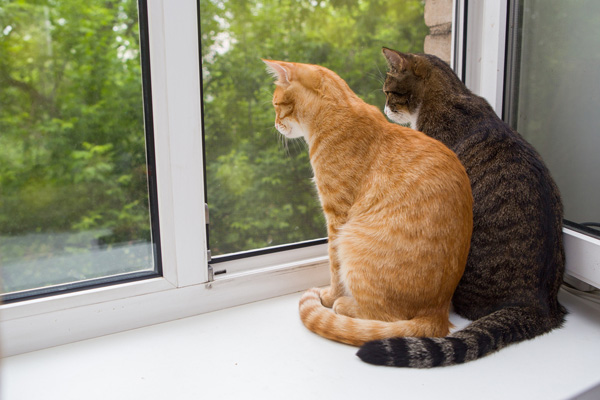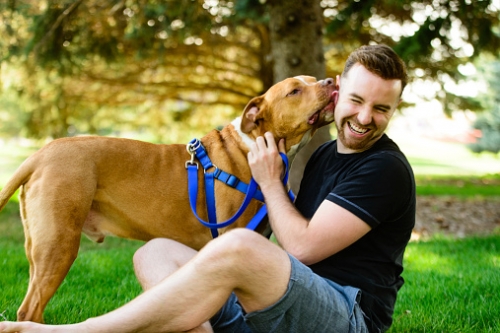WHY WE ADOPT KITTENS IN PAIRS?
 Why adopt out kittens in pairs only, or would not separate a bonded pair of cats?
Why adopt out kittens in pairs only, or would not separate a bonded pair of cats?
The answer is simple: it’s best for them! Cats normally live in groups, they are naturally social animals. Whoever has had the privilege to care for a group of feral cats knows the close bond family members keep with each other, weather siblings, mom and kittens or simply friends that found each other. Amazing to witness, wonderful to experience. Friends that have been separated, recognize each other even after years of separation. A sniff, a head bump, they curl up together.
- Kittens adopted out together are never alone, always have a playmate.
- They have Fewer behavior problems with two kittens. Cats that have a playmate tend to be more socially well-adjusted and avoid behavior problems like shyness, biting, hissing, being frightened and hiding in the company of people they don’t know.
- They are less likely to destroy walls and couches as they have each other to roughhouse with.
- Two kittens will self-train. Kittens learn by copying. If one kitten is quick to learn appropriate litter box use, the other will be likely to copy. They also help each other with grooming; wash-up after meals soon becomes a ritual with 2 kittens.
- They learn from each other not to bite or scratch so it would hurt.
- Two cats stay healthy together. They are more seldom found obese and are all around just happier cats.
- The workload to care for two cats remains relatively the same.
- They invite their humans into their world with far more enthusiasm and eagerness than an only cat ever could.
What if we have a really loving home?
We have been asked that if a loving home was available, but could only take one kitten, would we make an exception? The answer is no.
Humans, even loving, caring humans, are not an adequate substitute for a cat in lieu of one of its own kind. Even if the owner is fortunate enough to be home quite a bit, the amount of attention a lone kitten will demand is likely to occupy all of the owner’s waking hours at home. A pair of kittens will definitely still want to interact with the owner, but can keep each other occupied while the owner is doing day to day necessary tasks. Most cats, regardless of their age, are highly sociable and are truly happier living with other cat companions. This in turn makes them better pets, which results in happier owners.
What if I have an older cat?
Particularly if you have an older cat in the household, a kitten should not be brought in as a lone companion. As mentioned above, a youngster has boundless energy, wants to play and run constantly, and requires very high amounts of interaction, all of which are likely to overwhelm and irritate an older cat in short order. Likewise, a kitten is apt to be frustrated that its companion does not have the same energy level as itself. At the very least, this can lead to two very unhappy cats. Worse-case scenario, behavior problems such as litter box avoidance or destructive scratching can occur if one or both cats act out their frustrations on their surroundings. Longer-term, it is almost certain that the two will never have a close, bonded relationship, even after the kitten matures, since their experiences with one another from the beginning of the relationship are likely to be negative. An older cat is better matched with someone of his or her own age, who has a similar temperament.
What if I can only afford one cat?
Vet bills are probably the main difference in expenses between having 1 cat versus 2. If you can only afford one cat, we have many adult cats that would do fine in a single-cat home. We also have cats that would be happier in a home where they don’t have to share! Ask our staff and volunteers to introduce you to them when you visit.
Simply adopting a single kitten or young cat is not a good idea. Trying to keep a single kitten occupied, stimulated, safe and happy while also going about the business of everyday life is much more of a challenge than it may seem upon first consideration.



